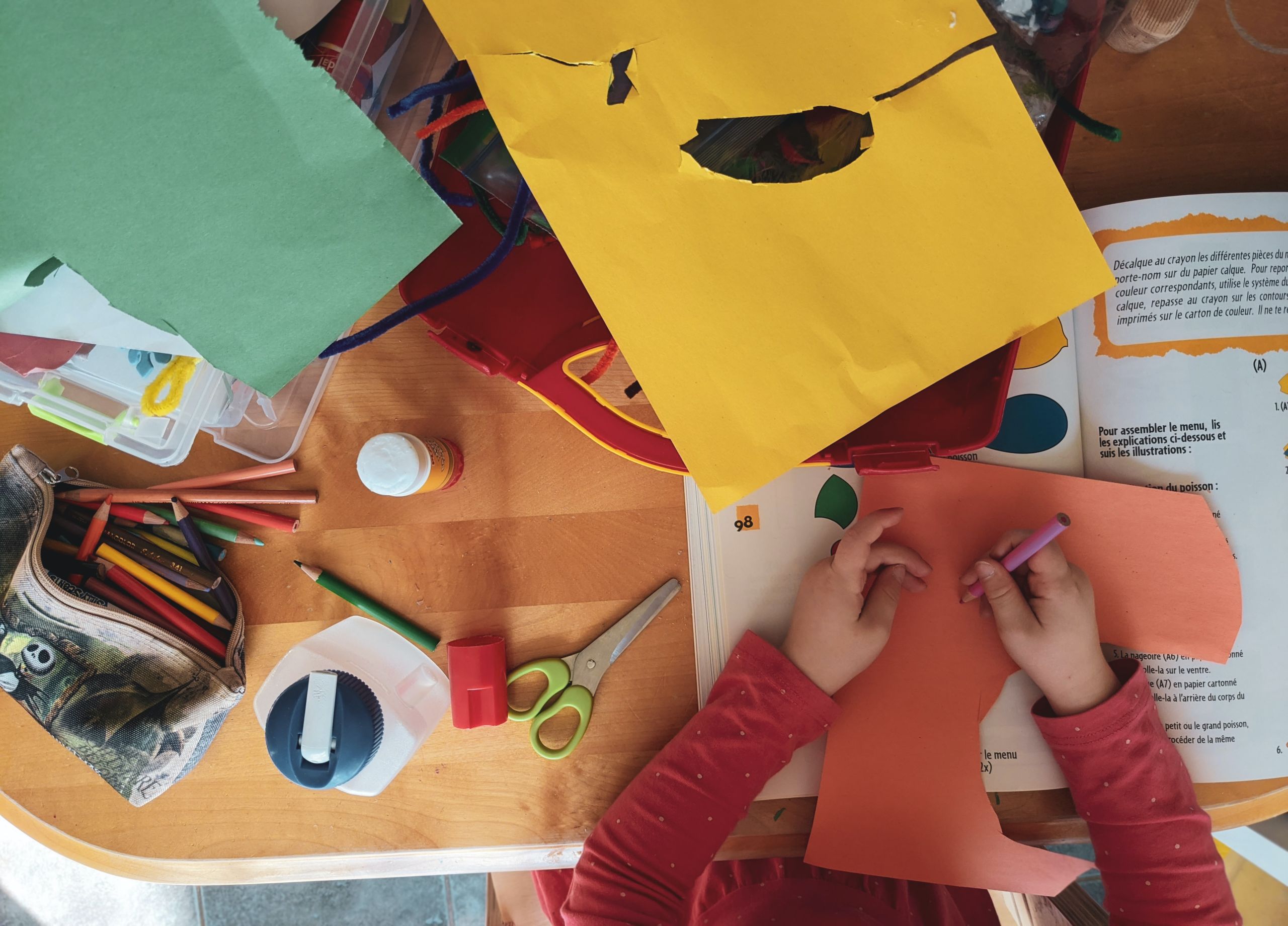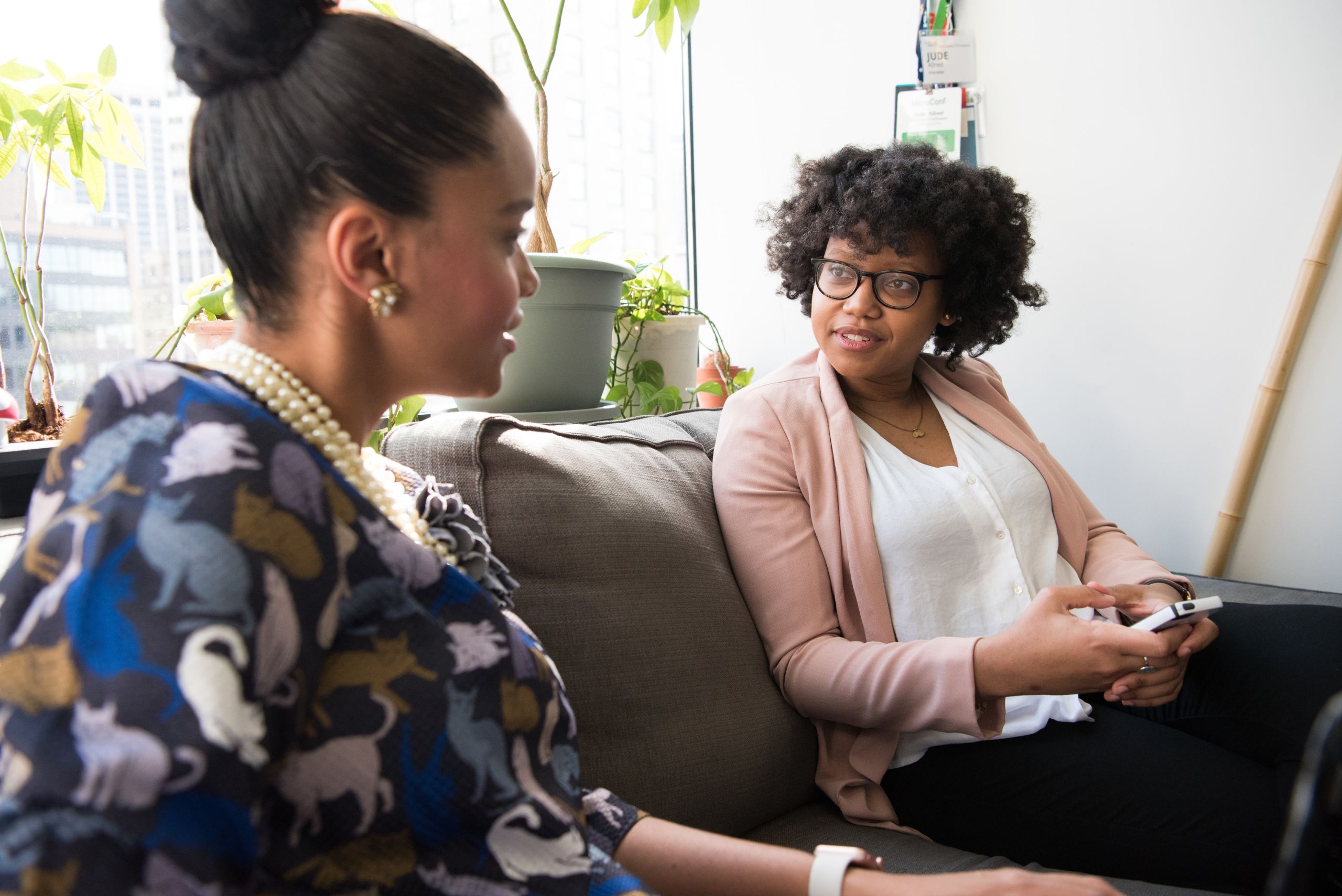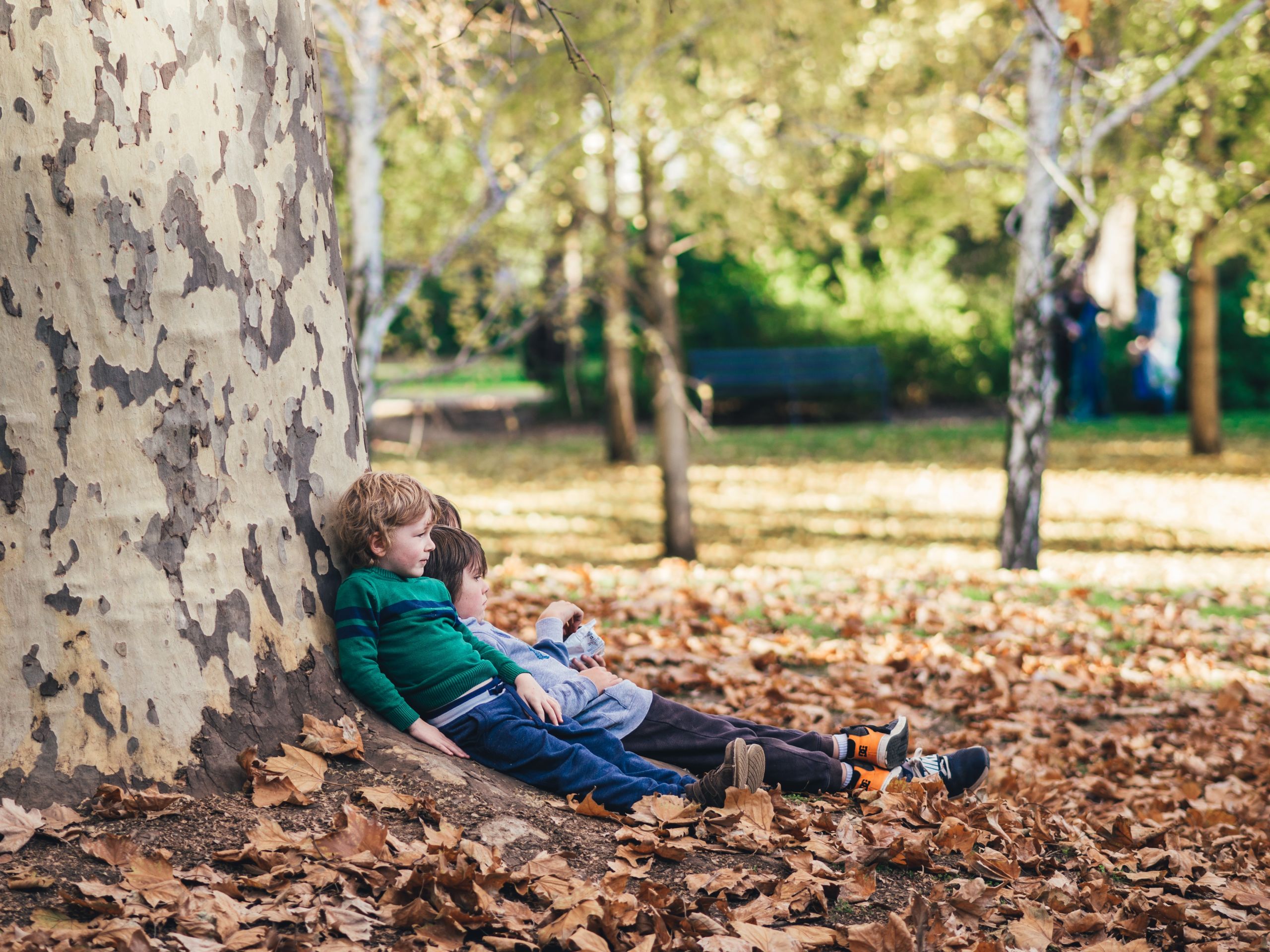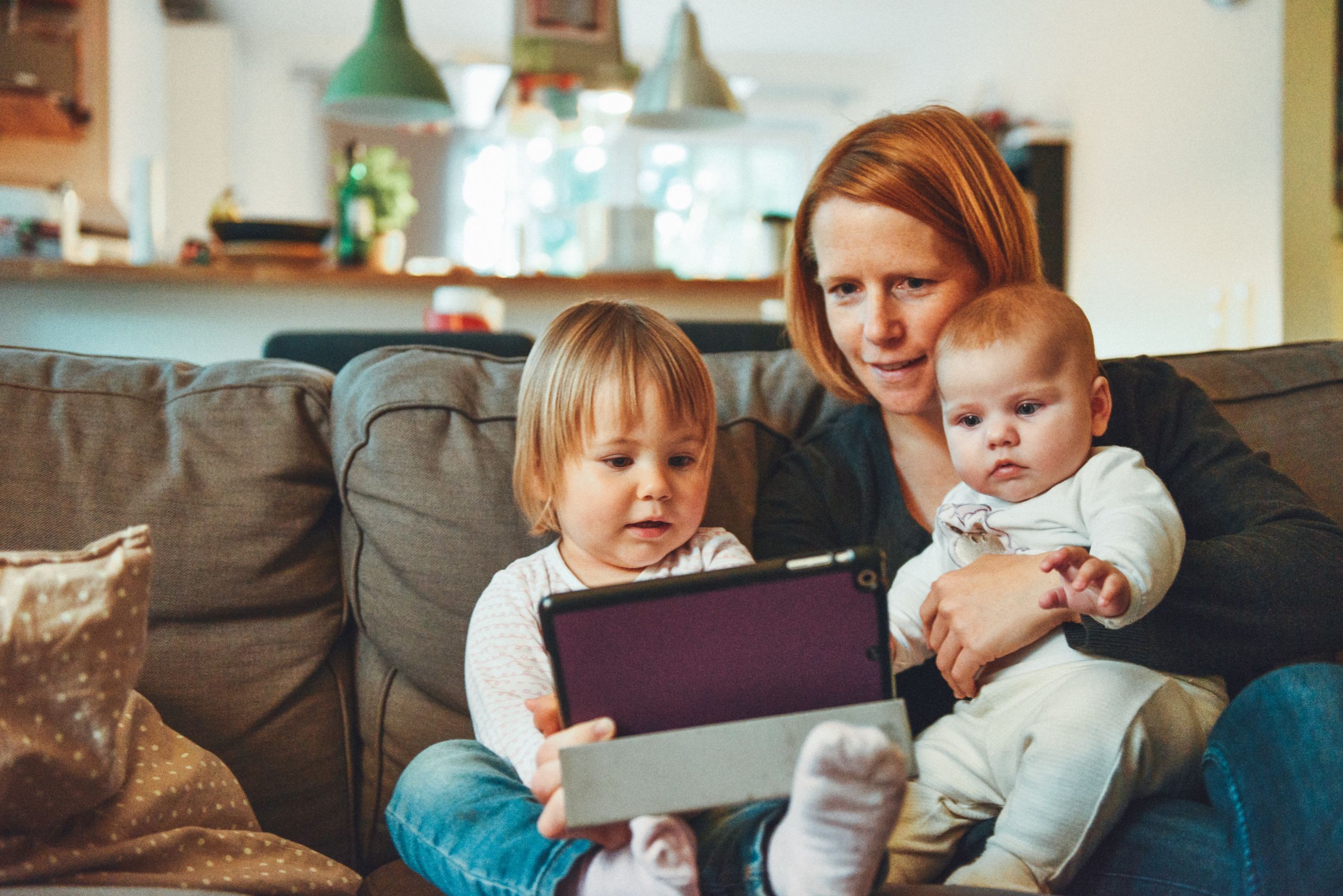"It's changed our lives in a wonderful way": Adoption in Lockdown
How the pandemic has impacted on adoption in south west London

"Bringing them home for the first time was bonkers.
"I remember sitting in a car, turning my head around and seeing these two kids in the backseat and thinking “oh yeah, [these are our children]"".
These are the words of Arthur*, a civil servant in his 40s, speaking over Zoom about the day he brought his two adopted children home for the first time last August. He smiled at the memory, his delight in being a new father shining through the barrier of our computer screens.
Whilst Arthur and his partner George* started the process over three years ago, one surprising outcome of the COVID-19 pandemic has been a national increase in adoption enquiries. Sky News reported in December 2020 that adoption enquires rose by as much as 65% in some agencies across the country.
According to Adopt London South’s head of services, Susana Daus, this trend did not escape south west London.
She said: “There’s certainly been more enquiries, more interest.
“I suppose people are thinking, you know, what am I doing with my life? This is making them think about the meaning of life and what’s important.”
Yet, this increased interest has come at a uniquely challenging time for adoption agencies, services, and prospective adopters alike.
Left in limbo
Despite now being happy fathers to their young children, the adoption process was far from easy for Arthur and George. Like hundreds of others, the south west London couple’s adoption journey was interrupted by the COVID-19 pandemic, with national lockdown measures implemented from March 2020 meaning unprecedent changes to the process were necessary.
“[The pandemic] massively slowed things down for us.” Arthur said.
Created with information provided by first4adoption.org.uk
Created with information provided by first4adoption.org.uk
“Everything just ground to a halt for a couple of months.”
The delays came as a process that heavily relied on face-to-face meetings and communication was forced to become digital. Whilst social workers, adoption agencies, and support services scrambled to create effective online services, many prospective adopters found themselves in limbo, unsure of where they were in the process.
Mark Hoult-Allen, a chair of trustees for the charity “We Are Family” [WAF], a parent-focused family that supports adoptive families both during and after formal adoption, explained how this affected many of their members, 59% of whom are based in south west London.
He said: “Social workers suddenly had to work from home, so everything just got slower.
“It introduced a lot of anxiety into people's lives about where they were going with the approval process.”
WAF operations manager Lisa Barker further explained that it was not certain whether or not certain procedures such as the “adoption panel”, the formal meeting where adoption specialists decide whether or not a prospective adopter will be recommended for adoption, would be able to continue virtually.
She said: “There was just a lot of confusion and uncertainty for many prospective adopters, leading to a lot of anxiety about the process.”
The extent of this problem, however, did vary agency to agency; some adapted to virtual services quicker than others.
Charity-worker Laura* 34, was keen to praise Adopt London South for their constant and consistent communication with her and her husband David*, 39, during this time.
She said: “I can't really fault [Adopt London South’s] support and how well we've been guided through the process."
Impossible tasks
Arthur and George were fairly late into the process when the pandemic struck; they had found their children in February 2020 and were in the final stages to be able to bring them home. Scientist Marie*, 34, and her head-hunter husband Angus*, 41, however were not so far along when the first lockdown was enforced. This meant they faced different setbacks to Arthur and George due to social distancing measures.
Marie explained the couple experienced problems in completing essential elements of their assessment. They, for instance, struggled to obtain necessary child-care experience, essential for adopters to be able to adopt young children, due to the enforced regulations. Even caring for the children of friends and family was difficult due to the strict “social bubbles” rule put in place.
She said: “Child care with family, friends, whatever was completely impossible because of the restrictions.”
WAF prospective adopter support group-leader Su Zisimopoulo noted many shared Marie’s problem with completing the child-care experience as few child care centres remained open. Those that did, moreover, were not recruiting volunteers during this time.




Positive outcomes of remote operations
Despite the set-backs that came with lockdown measures, there were some really important positives that came from moving services online.
According to data from Adopt London South, the agency was able to place nearly 50% more children with families in 2020-2021, compared to the previous year.
This increase has been attributed by agency staff to remote working.
Marketing manager Candice Siddle said: “Our social workers are very skilled and have found that by reducing their travelling time, they have been able to focus on the really important work they do, finding the right family for every child.”
It was not just the social workers who appreciated the extra time at home; many prospective adopters have also enjoyed the flexibility of remote training.
Laura and her husband appreciated how well they could fit appointments and training sessions in with their working schedules.
She said: “We could fit work around it, it, you know, it just felt much more manageable in terms of our kind of working lives.”
She also explained that, due to the intensely intrusive nature of stage two assessments, with questions concerning topics including your childhood and your romantic/sexual history, completing them from the comfort of her home was a blessing.
She said: “[Sometimes] you discussed quite emotionally kind of heavy things so sometimes you didn't want to go back to work afterward.
“It was nice to just sit on sofa with my partner for an afternoon with a cup of tea.”
Missed opportunity for creating social networks
Although Laura, like many other prospective adopters, appreciated the advantages that came from doing the process remotely, she also recognised one important disadvantage: the opportunity to connect with fellow adopters.
Laura said: “You're not getting that face-to-face contact and building those relationships with other prospective adopters, which I think are really important so that's a loss.”
She suggested a possible solution could be having a mix of remote and in person meetings and training sessions in the future.
Barker empathised with these prospective adopters unable to form these social networks.
She said: “Adoption can be absolutely wonderful, but it can have the lowest lows as well.
“That's why peer support is so important because, you know, people understand that and can walk with each other through it.”
Was it worth it?
Although restrictions are beginning to be lifted, it is uncertain what the “new normal” shall be for adopters and agencies for the foreseeable.
Despite this, Laura emphasized that people interested in adoption should not be put off by this.
She said: “[The process has] adapted and it's changed, but it's been done in a thoughtful way.”
Arthur too showed no sign of remorse as he gushed about fatherhood.
Arthur said: “We're eight months in, so it is still early days, but it is pretty amazing.
“It's changed our lives in a wonderful way.”
He also, however, did advise potential adopters to cherish the freedom they have pre-adoption, despite how frustrating and long the process can seem.
He said: “Now having two children full-time, I would have enjoyed those lovely quiet nights I had then a bit more…”
Adopt London South encourages couples and individuals thinking about adoption to get in touch, as south London children continue to need new families. Whilst people of all backgrounds are welcome, the agency has said they are “particularly keen to hear from people interested in adopting Black children, children of dual heritage, brothers and sisters together and children over the age of 4.”
Despite the many myths that circulate about adoption criteria, more people are eligible to adopt than rumour would have it. Try our quiz to find out more.

